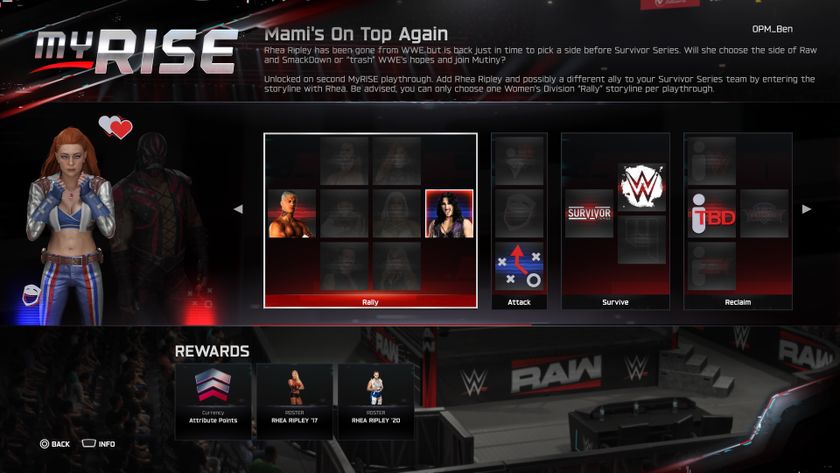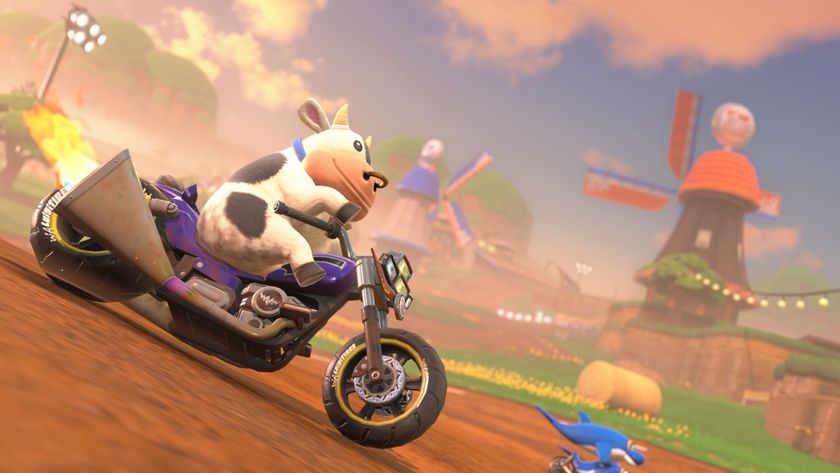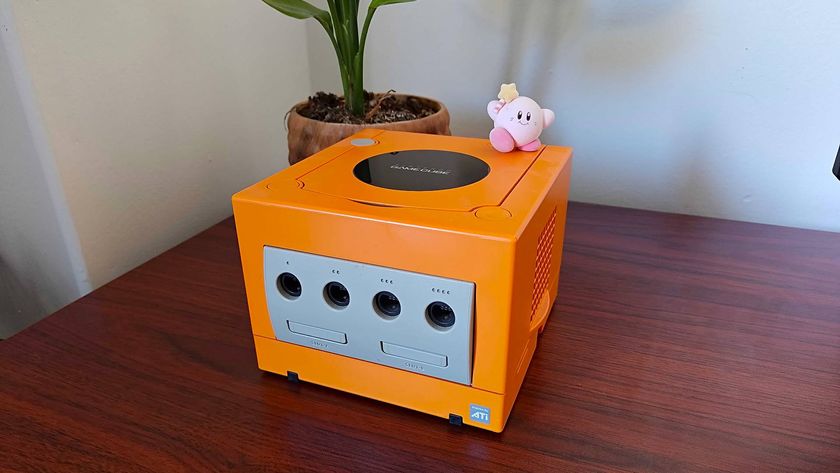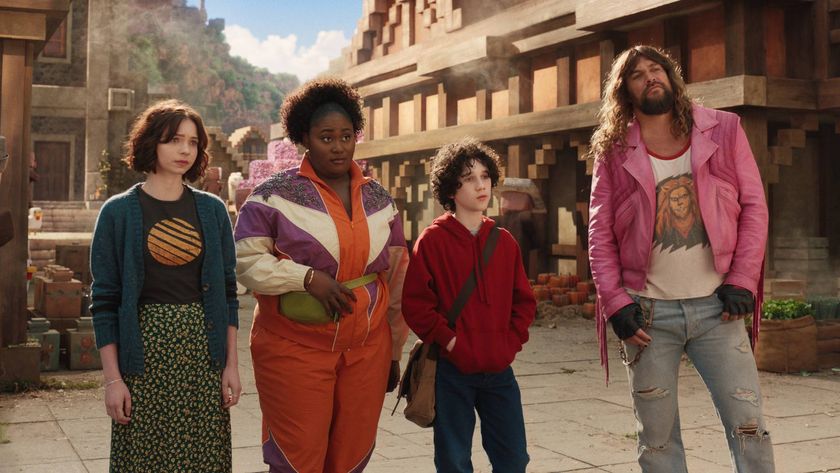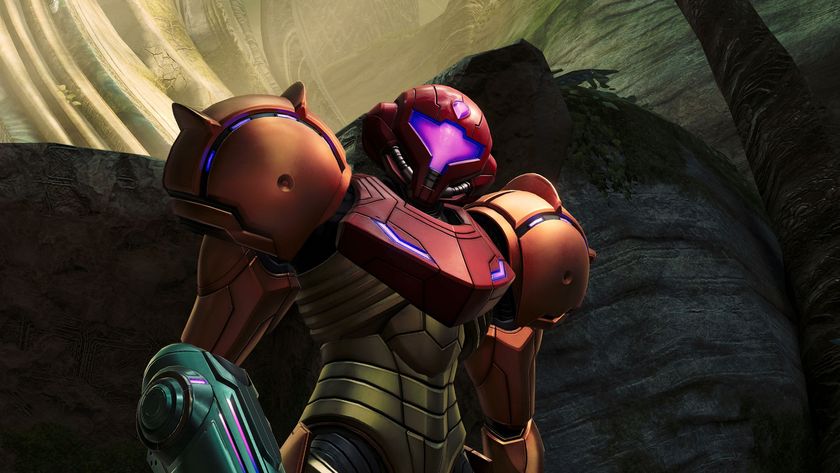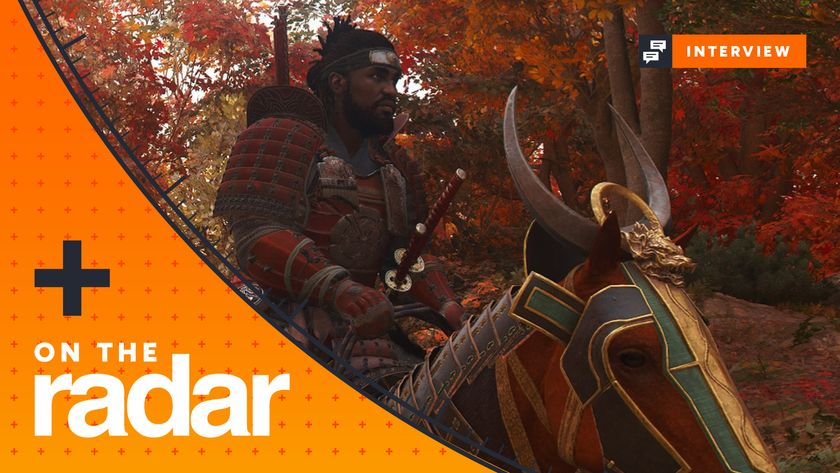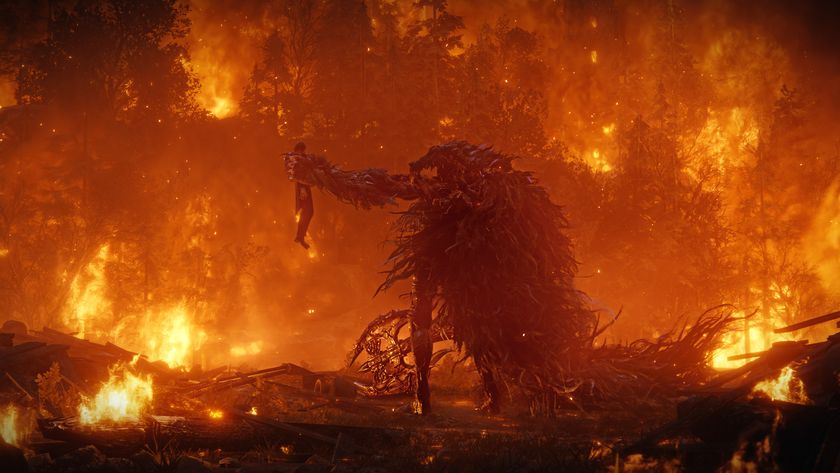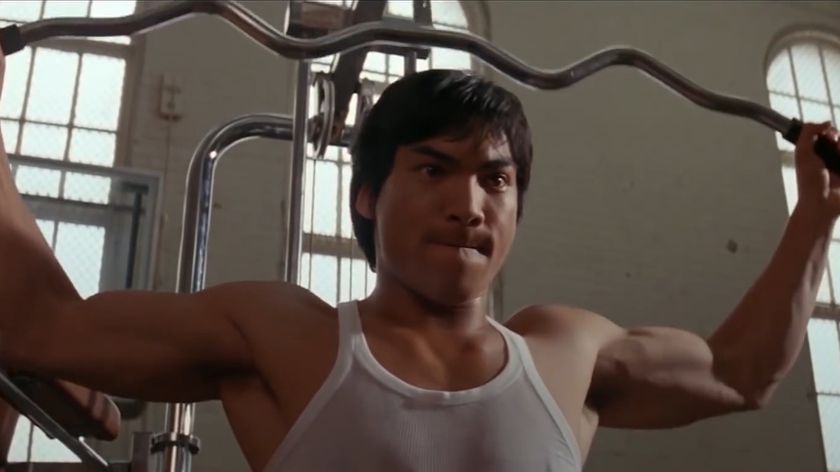Metaphor: ReFantazio is one of the few JRPGs I want more than Persona 6, and it might have one of the coolest job systems in years
Hands-on | Shin Megami Tensei and Persona creators take on a JRPG staple with unsurprising style
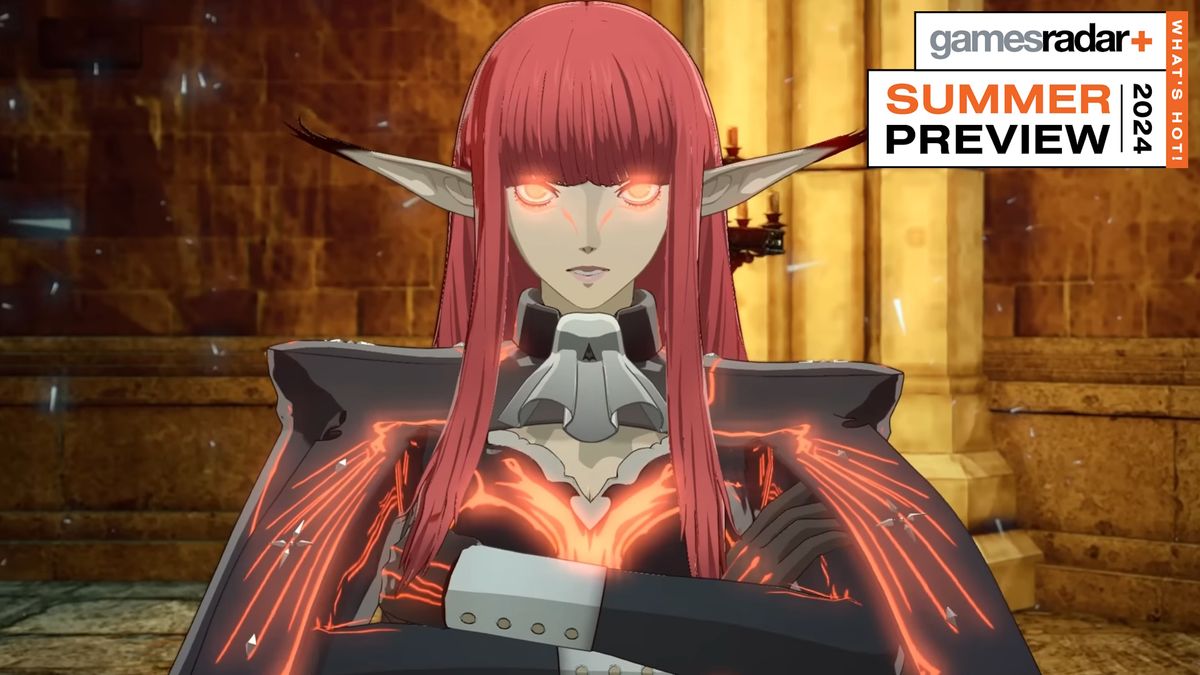
The creators of Shin Megami Tensei and Persona are making a new JRPG with an actual job system. This was pretty much all I needed to hear to get on board with Metaphor: ReFantazio, which has quickly shot up my most-wanted list after an extended hands-on session at Summer Game Fest, as well as an interview with director Katsura Hashino and character designer Shigenori Soejima. It is, in many ways, more exciting than Persona 6 to me. Obviously I can't wait for Persona 6, but I also know what to expect from it, which is more Persona, more of the goodness refined in Persona 5 Royal. Great! But also, more.
Meanwhile, Metaphor feels like a new breed entirely, meaningfully distinct from recent releases like Persona 3 Reload and Shin Megami Tensei 5: Vengeance, but channeling much of what makes these games great, starting with untouchable UI. I love seeing established devs break from tradition with weird new projects, and everything I've seen of Metaphor suggests it could quietly become one of the best RPGs of 2024, as well as one of Atlus' best releases for the year – which is saying something, because the publisher's Unicorn Overlord is currently my GOTY.
Summer Games Preview
We're diving into the hottest upcoming games out of Summer Game Fest. To find all of our hands-on reports, visit GamesRadar's What's Hot 2024 hub.
Not just turn-based

My demo was split into three parts: an intro mission from the beginning of the game, a slightly later dungeon, and a mid-game boss fight with an expanded party (which I replayed because I obsessed over details so hard that I timed out on my first attempt). Changes from Persona appear immediately. Our heterochromatic hero, a boy from the humanoid but distinctly not-human Elda tribe of this fantasy world, looks a lot like Persona 3's protagonist, but brings one big difference to the role: voice acting. Finally, another Atlus main character with something to say.
Determined to win the royal throne through a nationwide popularity contest, you strike out in search of allies and followers, traveling between regions on a calendar system to make the most of each day. Persona fans will recognize the flow of spending time slots on specific activities, including boosting stats that affect your choices and conversations. Some of this takes place back at the Persona 5 cafe-like hub space, where you can cook meals and read books and rest. I also detect a hint of Atelier, the alchemy RPG series, in Metaphor's big-picture travel planning, which seems to push efficiency and preparation more strongly. I gather this is the reason you won't see every dungeon in a single playthrough: you have "a lot more freedom," Hashino says, but only so much time to see the world.
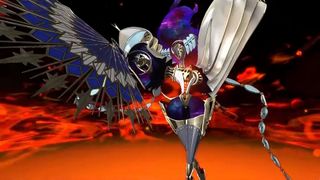
Combat is introduced quickly, and in two flavors. Using the basic-but-responsive attack and dodge of the real-time action system, you can instantly take out weak enemies or start turn-based battles with an advantage. Land enough hits and you'll tee up stronger enemies for a first strike, which helps tremendously when you're going for those perfect-clear money and XP battle bonuses. Mistime a dodge, however, and you may end up on the receiving end, wide open for your first turn. Metaphor is definitely harder than Persona, so starting a battle on the wrong foot can easily lead to a party death or two. If you want to play it safe, you can go straight into a normal fight.
Turn-based combat is the meat of the game, and Persona or SMT fans will again feel right at home with the press-turn system. Hit enemy weaknesses to save action points and extend your turns – classic. The buff economy has returned as well. We'll be stacking Kajas and Kundas before we know it. The big addition here is a two-row party system, with front row fighters taking more damage, dishing out more physical damage, and partly shielding your likely squishier back row characters from assault. You can move a party member between a row during their turn without spending an action point, and this becomes increasingly important as you unlock buff or healing skills that affect a whole row at once, or as you brace for certain enemy special attacks. There's room for tantalizing tactics here, and some jobs, or Archetypes, represented with Persona-like bio-machine warriors, can also rearrange your whole party at once.
Archetypal
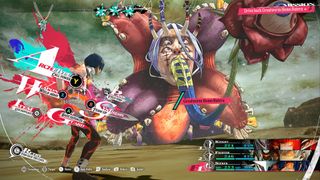
Archetypes are the most exciting part of Metaphor, both in combat and in the story and world-building. The entire game is constructed around this job system, even more so than in the underrated Digital Devil Saga Shin Megami Tensei games of the 2000s. There are 14 lineages and over 40 Archetypes in all, from staples like the offensive warrior and mage to defensive knights and healers, down to oddities like Commander which specialize in buffs and row formation. Some Archetypes are unlocked by meeting new characters, and some are advanced versions acquired by progressing your relationship with people you already know, seemingly up to rank 20. There may be secret or off-beat Archetypes with different requirements, too, but I'm only speculating there. The point is that Archetypes are everything.
Sign up to the 12DOVE Newsletter
Weekly digests, tales from the communities you love, and more
Metaphor feels like an evolution of Persona's Arcana relationship system. It's weaponized characterization once again – an ingenious application of interactive storytelling only possible in video games – but this time the power you're nurturing isn't some far-flung idea exclusive to you and your friends like Persona. Archetypes are a reflection of your heroic spirit, and part of your ascension as king-to-be is helping others find their own. They determine your active and passive skills through a skill tree of sorts which lets the protagonist mix-and-match across Archetypes, and they affect your party makeup in a big way.
SMT's combat style guide also benefits from Archetypes. The strongest skills that I saw during my demo were all synthesis attacks involving two party members at once, and three-person skills have been shown off in gameplay footage elsewhere. Naturally, these spend multiple action points in one go, but those can be partially refunded if you hit a weakness with a synthesis attack. However, that's not true of synthesis skills which only affect your team, so that skill had better be worth those points. This makes it even more important to make full use of the press-turn system, delaying costly moves until later in your turn to optimize action points, or ensuring they connect with a weakness early on.
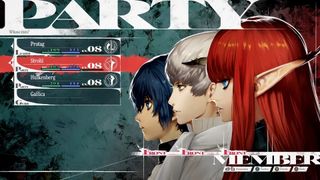
The synthesis attacks you have access to are determined by the Archetypes in your party, and this adds another wrinkle to the job system. It raises so many interesting questions for party composition. What Archetype do you need to equip on your main character to access your preferred synthesis skills while still getting a decent base move pool? Can you blend in enough skills from learned Archetypes to support your equipped one? Does one party member's Archetype unlock a synthesis skill that's so good you don't even care about the rest of their actives and passives? I can't wait to dig into this stuff and see my party evolve as I unlock more playable characters and Archetypes, especially since there's an online feature that shows you what setup other people are running. This is a fascinating bit of data that, come to think of it, I'd love to see in other RPGs – not even for a cheat sheet, just out of sheer curiosity.
All of this culminated in my demo's boss fight, against one of the so-called Humans depicted as arthouse monsters in a very on-the-nose, well, metaphor. My Human was an octopus with the head of an old man. I used one party member, the knight Hulkenberg, to tank his tentacle attacks while other characters used physical and lightning AoE to chop them down, leaving the main body open for direct damage. Classic JRPG stuff. My main character was on support duty, applying buffs and healing as needed, and in phase two, cleansing a Malady debuff that blocks all healing. It was a bit easy – perhaps the demo team was over-leveled for pick-up-and-play's sake – but still a solid fight, and a great demonstration of Metaphor's many ideas working in concert. This was a small sample of what seems like a predictably massive game, but Metaphor is firing on all cylinders so far, and what little I've seen suggests absorbing depth still to come.
Metaphor: ReFantazio launches on PS4, PS5, Xbox Series X, and PC on October 11.

Austin has been a game journalist for 12 years, having freelanced for the likes of PC Gamer, Eurogamer, IGN, Sports Illustrated, and more while finishing his journalism degree. He's been with 12DOVE since 2019. They've yet to realize his position is a cover for his career-spanning Destiny column, and he's kept the ruse going with a lot of news and the occasional feature, all while playing as many roguelikes as possible.
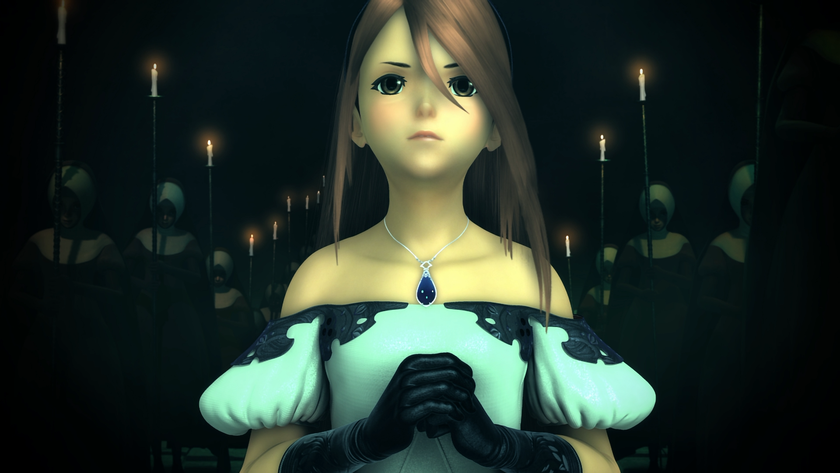
For a wondrous moment, 2 seconds of Bravely Default's trailer in the Nintendo Switch 2 Direct had the internet convinced the Final Fantasy 9 Remake was real
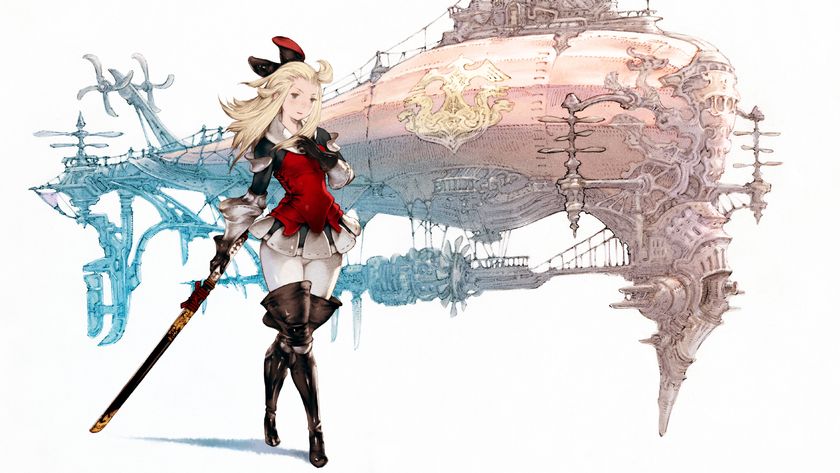
With its Nintendo Switch 2 remaster on the horizon, Bravely Default producer hopes "we can carry on this lineage into the future"

